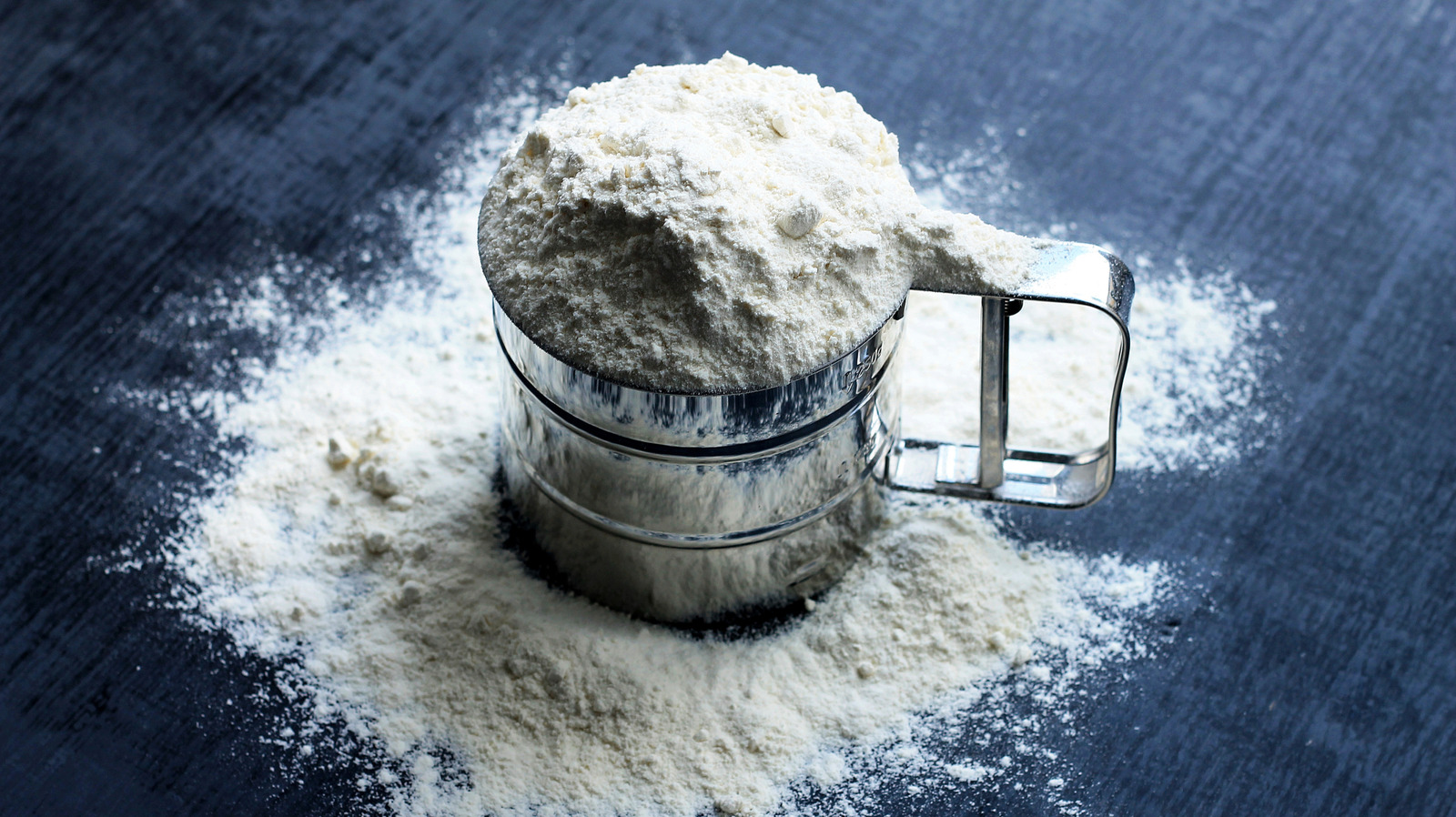
"You may not think of flour as raw, but that's just what it is. No part of the process of harvesting, grinding, bleaching, or packing most types of flour heats it enough to kill bacteria that may be present; cooking it takes care of that. But if you don't cook your flour before consuming, you're putting yourself at risk of food poisoning from Salmonella or E. coli, according to the FDA."
"But if you don't cook your flour before consuming, you're putting yourself at risk of food poisoning from Salmonella or E. coli, according to the FDA. If you've never had food poisoning, consider yourself lucky. Symptoms can include stomach pain, vomiting, diarrhea, and fever, and they can last for a few hours up to a few days. You may need to seek medical help if symptoms last longer than three days, you aren't able to keep liquids down, or you have a very high fever."
Flour is effectively raw because harvesting, grinding, bleaching, and packing do not heat it enough to kill pathogens. Consuming uncooked flour can expose people to Salmonella or E. coli. Raw eggs also carry a risk of Salmonella. Cooking or baking kills bacteria and prevents illness. Food poisoning symptoms include stomach pain, vomiting, diarrhea, and fever, and symptoms can last from hours to several days. Seek medical attention if symptoms persist beyond three days, if fluids cannot be kept down, or if a very high fever develops.
Read at Tasting Table
Unable to calculate read time
Collection
[
|
...
]